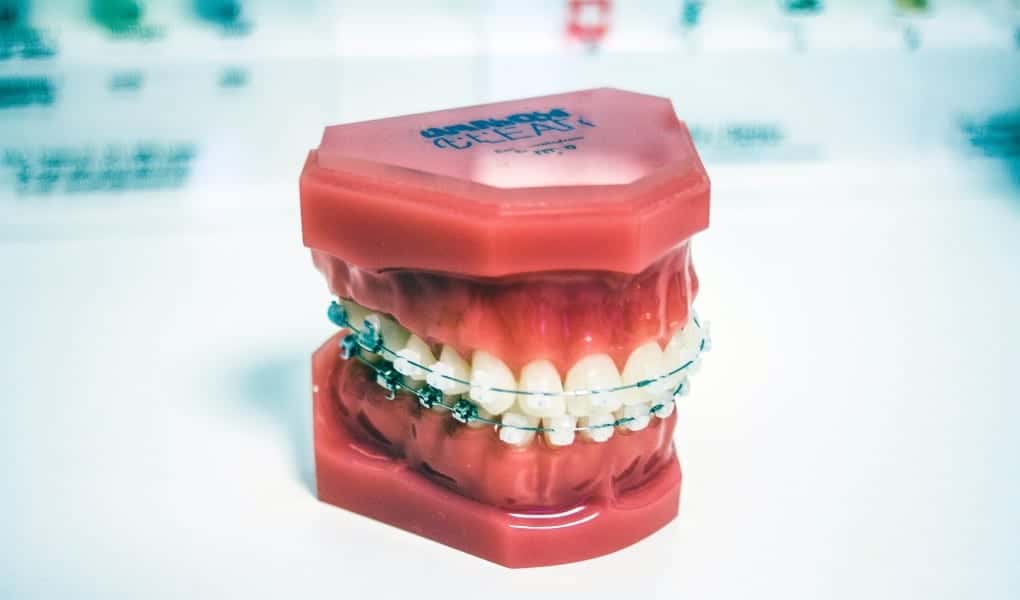Court: United States District Court for the Western District of Kentucky, Louisville DivisionJurisdiction: FederalCase Name: Momeni-Kuric v. Metro. Prop. & Cas. Ins. Co.Citation: 2019 U.S. Dist. LEXIS 125794
The plaintiff hired the dentistry expert witness to opine on whether the plaintiff would be able to conduct the work of a dentist in her condition.
Facts
The lawsuit resulted from an automobile accident involving the plaintiff. The plaintiff sued the other party involved in the collision. The matter was settled by paying the other party’s insurance policy’s full liability limit. The plaintiff then received $250,000 in payment. She also had an insurance policy with the defendants. The plaintiff then sued the defendants for underinsured motorists insurance policy. The plaintiff alleged Consumer Protection Act and the Unfair Claims Settlement Practices Act violations, bad faith, and reckless abuse. The state court dismissed the defendants with prejudice.
The defendants sought to restrict the deposition of the plaintiff’s dentistry expert witness. They claimed parts of the expert’s opinions did not follow Federal Evidence Rules 701 and 702 and Daubert. The defendants maintained that the expert was unqualified to determine whether the plaintiff’s complications from the crash precluded her from working as a dentist.
The Plaintiff’s Dentistry Expert Witness
The plaintiff retained a dentistry expert witness to opine that the plaintiff could not practice dentistry due to her bodily limitations. The defendants argued that while the expert will likely be qualified to opine on the practice of dentistry, the expert lacked the training, education, and medical background to opine on whether the plaintiff could practice dentistry. The defendants argued these opinions would depend on comparing their personal experiences with the plaintiff’s physical limitations detailed in her medical records and deposition testimony. The plaintiff insisted the decision should be founded on their interpretation of their experiences as dentists with the plaintiff’s problems. The court noted Rule 702 requires professionals to compare the case details with their own knowledge and draw a conclusion.
Discussion
The court noted that such expert testimony is commonly accepted. It was wrong for the dentistry expert witness, though, to assess reported injuries to decide the plaintiff’s physical abilities. The dentistry expert witnesses were not medical doctors. However, they could rely on other experts and the plaintiff’s testimony to consider the physical deficiencies of the plaintiff.
The court cited Sturgeon v. Astrue, observing that vocational experts also rely on medical professional opinions in testifying on employment opportunities. In these cases, the qualified expert has little scientific experience to ascertain the deficiencies of the individual being examined. However, the expert may base his or her judgment on the shortcomings identified by the medical opinions. Therefore, the dentistry expert witness, like a vocational expert, could determine if the plaintiff would be able to practice dentistry based on their advanced experience and comprehension of what a practitioner needs. The dentistry expert could make that determination as long as he based his opinions on the physical deficiencies of the plaintiff on other experts’ evidence. However, the dentistry expert’s ability to testify depended on the basis of their opinions, which included other experts’ opinions.
Ruling
The motion to exclude the dentistry expert witness’s testimony was denied as premature at this stage of the case.
Key Takeaways for Experts
Offering opinions on medical facts is different than offering opinions on the physical requirements for a professional. When testifying on the physical requirements needed to perform the functions of a particular professional, an expert should have a comparable professional background and experience for the court to consider as qualified. Even with comparable experience, however, the expert needs to rely on what the medical reports indicate regarding the plaintiff’s condition in order to offer an opinion on whether or not they can continue working.
About the author
Zach Barreto
Zach Barreto is a distinguished professional in the legal industry, currently serving as the Senior Vice President of Research at the Expert Institute. With a deep understanding of a broad range of legal practice areas, Zach's expertise encompasses personal injury, medical malpractice, mass torts, defective products, and many other sectors. His skills are particularly evident in handling complex litigation matters, including high-profile cases like the Opioids litigation, NFL Concussion Litigation, California Wildfires, 3M earplugs, Elmiron, Transvaginal Mesh, NFL Concussion Litigation, Roundup, Camp Lejeune, Hernia Mesh, IVC filters, Paraquat, Paragard, Talcum Powder, Zantac, and many others.
Under his leadership, the Expert Institute’s research team has expanded impressively from a single member to a robust team of 100 professionals over the last decade. This growth reflects his ability to navigate the intricate and demanding landscape of legal research and expert recruitment effectively. Zach has been instrumental in working on nationally significant litigation matters, including cases involving pharmaceuticals, medical devices, toxic chemical exposure, and wrongful death, among others.
At the Expert Institute, Zach is responsible for managing all aspects of the research department and developing strategic institutional relationships. He plays a key role in equipping attorneys for success through expert consulting, case management, strategic research, and expert due diligence provided by the Institute’s cloud-based legal services platform, Expert iQ.
Educationally, Zach holds a Bachelor's degree in Political Science and European History from Vanderbilt University.



